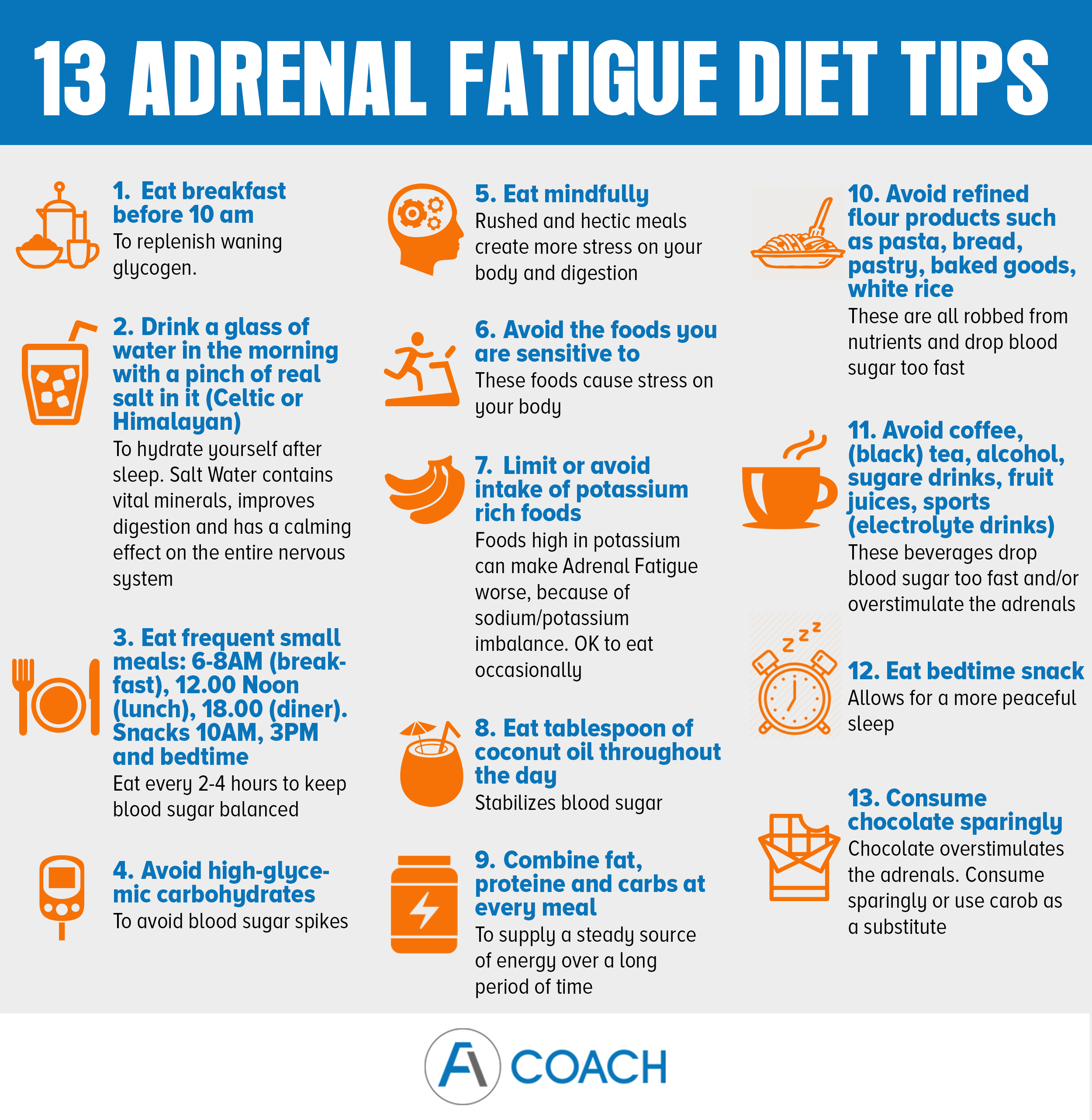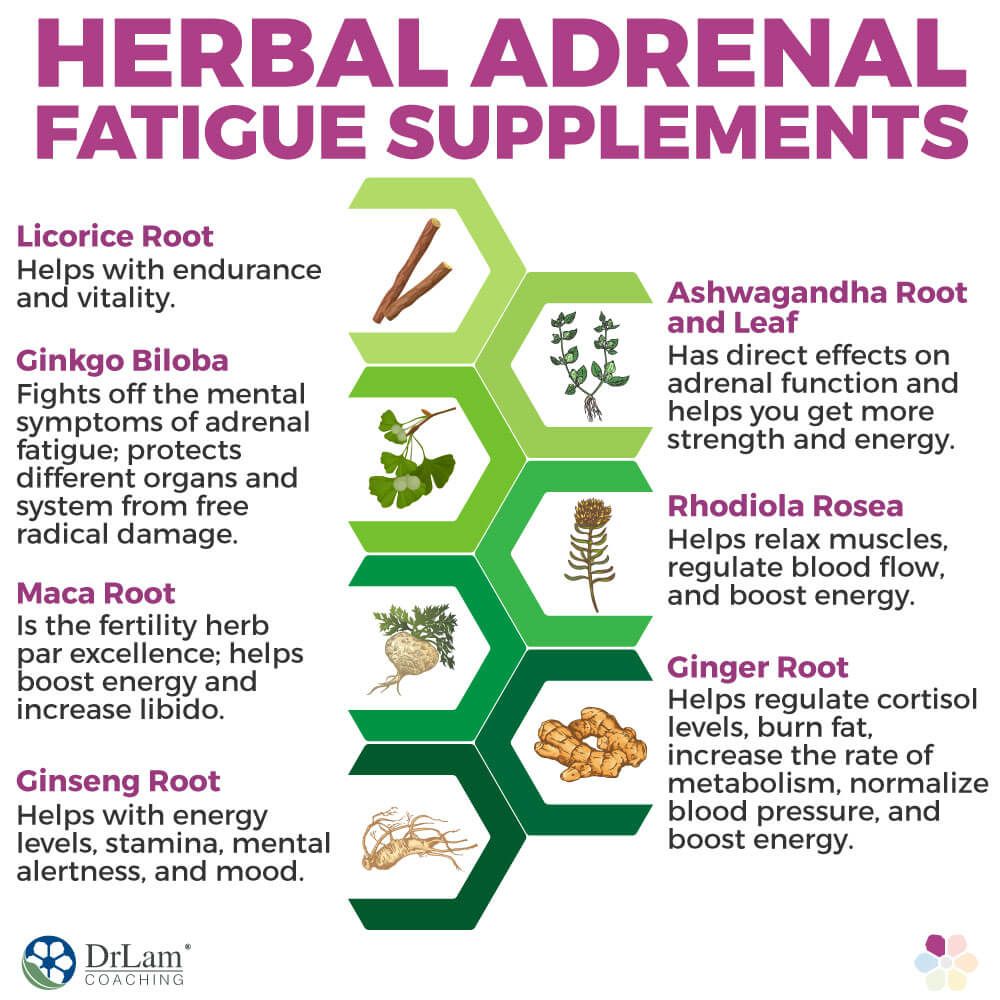Are you a Leaf Seeker battling persistent fatigue? Understanding the power of healing foods for fatigue recovery is crucial. Many members of kratomforum.org discuss the challenges of fatigue, and incorporating the right foods into your diet can be a powerful step towards regaining your energy. This article explores the vital role of healing foods for fatigue recovery and provides practical advice to help you reclaim your vitality.
Understanding Fatigue and the Role of Nutrition
Fatigue is more than just feeling tired; it’s a pervasive lack of energy that impacts daily life. While various factors contribute to fatigue, including stress, underlying medical conditions, and poor sleep, nutrition plays a significant role. Healing foods for fatigue recovery are not a quick fix, but a cornerstone of a holistic approach to regaining your energy levels. Ignoring nutritional needs often exacerbates fatigue, making the journey to recovery longer and more challenging. The right foods can provide the necessary nutrients to support your body’s natural energy production and repair processes. Focusing on healing foods for fatigue recovery is an investment in your overall well-being.
The Power of Healing Foods for Fatigue Recovery
The concept of healing foods for fatigue recovery centers around consuming nutrient-rich foods that directly address the underlying causes of fatigue. These foods provide essential vitamins, minerals, and antioxidants that combat inflammation, support cellular function, and boost energy production. Healing foods for fatigue recovery go beyond simple calorie intake; they’re about nourishing your body at a cellular level to promote optimal function and lasting energy. This approach to healing foods for fatigue recovery is a proactive strategy, not just a reactive one. Instead of merely masking symptoms, it addresses the root causes of your fatigue.
Iron-Rich Foods: Fueling Your Energy
Iron deficiency is a common cause of fatigue, as iron is essential for red blood cell production, which carries oxygen throughout the body. Healing foods for fatigue recovery often emphasize iron-rich foods. Lean red meat, spinach, lentils, and fortified cereals are excellent sources of iron. Remember that non-heme iron (found in plant-based sources) is less readily absorbed than heme iron (found in animal products). Pairing iron-rich foods with vitamin C-rich foods can enhance iron absorption.
B Vitamins: Essential for Energy Metabolism
B vitamins are crucial for energy metabolism, converting food into usable energy. A deficiency in B vitamins can lead to fatigue and other symptoms. Healing foods for fatigue recovery should include foods rich in B vitamins, such as leafy green vegetables, eggs, whole grains, and legumes. These vitamins are essential co-factors in many metabolic processes that directly impact energy levels.
Magnesium: The Relaxation Mineral
Magnesium plays a vital role in muscle function, nerve transmission, and blood sugar control. Magnesium deficiency can contribute to fatigue, muscle cramps, and sleep disturbances. Healing foods for fatigue recovery often include magnesium-rich foods, such as dark leafy greens, almonds, avocados, and bananas. Magnesium also plays a crucial role in relaxation, helping to reduce stress, a major contributor to fatigue.

Vitamin D: The Sunshine Vitamin
Vitamin D is often overlooked but is crucial for energy levels and overall well-being. Vitamin D deficiency is linked to fatigue, muscle weakness, and mood disorders. Healing foods for fatigue recovery should incorporate foods rich in vitamin D, such as fatty fish (salmon, tuna), egg yolks, and fortified foods. Sunlight exposure is also essential for vitamin D synthesis.
Antioxidant-Rich Foods: Fighting Inflammation
Chronic inflammation is often linked to fatigue. Antioxidant-rich foods help combat inflammation and protect cells from damage. Healing foods for fatigue recovery should include a variety of colorful fruits and vegetables, berries, nuts, and seeds, which are packed with antioxidants. These antioxidants help neutralize free radicals, reducing oxidative stress and inflammation, contributing significantly to fatigue reduction.
Practical Tips for Incorporating Healing Foods for Fatigue Recovery into Your Diet

Transitioning to a diet rich in healing foods for fatigue recovery requires planning and consistency. Start by gradually incorporating these foods into your daily meals and snacks. Don’t try to make drastic changes overnight; focus on sustainable changes that you can maintain long-term. Consider keeping a food journal to track your intake and identify areas for improvement.
Prepare meals and snacks in advance to avoid relying on processed foods or fast food when you’re tired. Focus on whole, unprocessed foods, and limit your intake of refined carbohydrates, sugary drinks, and excessive caffeine, all of which can contribute to energy crashes. Remember, healing foods for fatigue recovery is a journey, not a race. Be patient with yourself and celebrate small victories along the way.
Hydration: An Often Overlooked Factor in Fatigue
Dehydration can significantly contribute to fatigue. Water is essential for numerous bodily functions, including transporting nutrients, regulating body temperature, and eliminating waste products. Healing foods for fatigue recovery aren’t complete without adequate hydration. Aim to drink plenty of water throughout the day, and consider adding hydrating foods like watermelon and cucumbers to your diet. Listen to your body’s signals and drink when you feel thirsty.
Addressing Underlying Medical Conditions

While dietary changes are crucial, it’s important to rule out any underlying medical conditions that might be contributing to your fatigue. Consult your doctor to discuss your symptoms and undergo any necessary tests. Addressing any underlying health issues is essential for long-term fatigue recovery. Healing foods for fatigue recovery are most effective when combined with appropriate medical care.
The Importance of Sleep and Stress Management
Sleep and stress management are equally crucial for fatigue recovery. Aim for 7-8 hours of quality sleep each night. Establish a regular sleep schedule, create a relaxing bedtime routine, and optimize your sleep environment. Practice stress-reducing techniques, such as meditation, yoga, or deep breathing exercises. These lifestyle changes work synergistically with healing foods for fatigue recovery to promote overall well-being and energy levels.
Healing Foods for Fatigue Recovery: A Holistic Approach
Healing foods for fatigue recovery aren’t just about consuming specific foods; it’s a holistic approach that encompasses dietary changes, lifestyle modifications, and addressing underlying medical conditions. It’s about nourishing your body from the inside out to promote optimal energy levels and overall well-being. Remember that consistency and patience are key to achieving lasting results.
Sustaining Your Energy: Long-Term Strategies
Sustaining your energy levels after you’ve experienced the benefits of healing foods for fatigue recovery requires ongoing commitment. Continue incorporating these nutrient-rich foods into your diet, prioritize sleep and stress management, and stay hydrated. Regular exercise also plays a significant role in boosting energy levels and improving overall health. By maintaining a healthy lifestyle, you can sustain your newfound energy and vitality. Remember that healing foods for fatigue recovery is an ongoing process, not a one-time fix.
Final Thoughts on Reclaiming Your Vitality
The journey to overcoming fatigue is often challenging, but it’s achievable with dedication and a holistic approach. By understanding the role of nutrition and incorporating healing foods for fatigue recovery into your daily routine, coupled with lifestyle modifications and medical attention when needed, you can reclaim your vitality and energy. Remember, you’re not alone in this journey, and with perseverance and the right strategies, you can achieve lasting energy and well-being. Healing foods for fatigue recovery are your allies in this process.
Tags: fatigue recovery, healing foods, nutrition for energy, healthy eating, dietary changes

